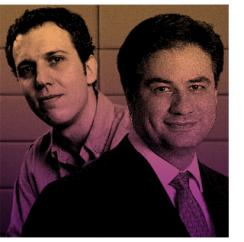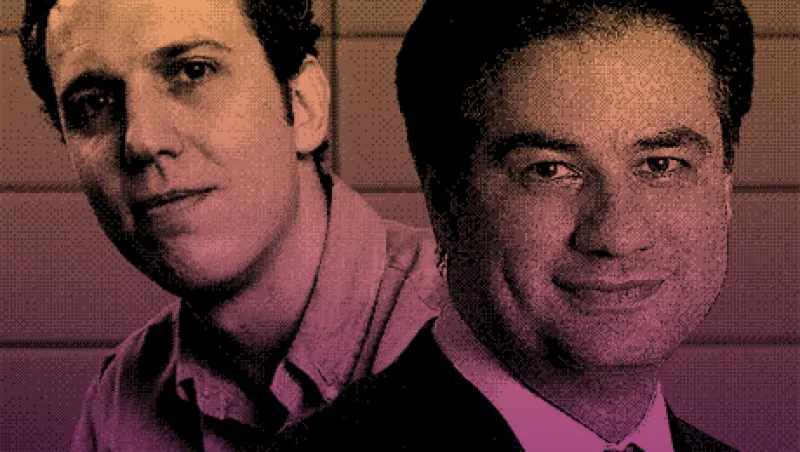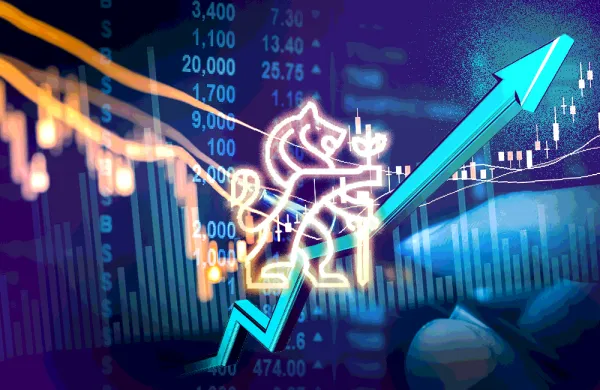As speculation about the Federal Reserve’s quantitative easing exit strategy mounts, investors around the world are pondering what to do when the era of easy money ends. Brazilian managers have already had a taste, and they know it’s no picnic.
Brazil’s markets produced some of the world’s best returns during the past decade, but they have been hit by a triple whammy in recent months. Continued sluggishness in the economy, which grew by just 1.9 percent from a year earlier in the first quarter, has depressed the once-high-flying stock market. Interest rates have been climbing since Banco Central do Brasil responded to rising inflation by hiking its key policy rate by a total of 75 basis points in April and May to 8 percent. And as if markets needed more bad news, demonstrations against bus fare hikes in Rio de Janeiro and São Paulo have spiraled into a nationwide protest movement against corruption and heavy spending on the 2014 World Cup and 2016 Summer Olympics, raising questions about the country’s political stability.
“The Brazilian government is in a very tough spot, dealing with two large sources of pressure that could ultimately demand very different styles of reaction,” says Marcelo Salomon, co-head of Latin America economics and strategy at Barclays in New York. “On one side there is social unrest demanding better use of public money. On the other, Brazilian financial asset prices are in a tailspin that we believe has been amplified by the social unrest, though it has its roots in the lack of fiscal control that has put Brazil on the route to sovereign credit downgrades.”

The harsh environment presents a tough challenge for the Brazil 20, Institutional Investor’s exclusive annual ranking of the country’s largest money managers.
BB Gestão de Recursos, an arm of state-owned Banco do Brasil, remains at the top of the list, with assets under management of $235.7 billion at March 31. It is followed by the fund management arms of Brazil’s other big banks: Itaú Unibanco Asset Management, Bradesco Asset Management and Caixa Econômica Federal. Many big managers have seen their asset totals decline in dollar terms, reflecting the real’s 12.8 percent decline against the dollar in the 12 months ended March 31.
The combination of a weak stock market and low real returns on fixed-income funds has generated growing demand for multistrategy hedge funds and inflation-linked fixed-income products, money managers say. Firms with strong alternatives offerings perform particularly well in the Brazil 20. Those include BTG Pactual Asset Management, an arm of the Brazilian investment bank, which moves up one place in the ranking, to fifth, and has seen its assets rise by 19.5 percent since last year, to $61.9 billion; and Credit Suisse Hedging–Griffo Asset Management, which remains in eighth place, with $20.4 billion in assets, up 21.7 percent from a year earlier.
“Last year the theme was declining interest rates and investors considering other asset classes,” says João Scandiuzzi, chief strategist at Rio-based BTG Pactual Asset Management. “This year rates have taken the opposite direction, but I think it’s too soon to be categorical about where investors will put their money next. During the past year sophisticated investors moved toward more specialist, more value, funds and became more opportunistic than before. I cannot see them giving up that approach any time soon.”
The recent volatility has also put a premium on active management and good stock picking, industry executives say. The slowdown in the Chinese economy, for example, has had a big impact on commodities stocks, which make up a large proportion of the Ibovespa.
Three years ago it was enough for an investor to select a good industrial sector, says Allan Hadid, chief executive of BRZ Investimentos, a São Paulo–based manager with nearly 5 billion reais ($2.2 billion) under management. Now it is vital to choose the right company, he explains. “Although the Ibovespa is down and many sectors are down overall, there are still good stocks to be found,” he says.
Hadid points to Direcional Engenharia, a Brazilian building company that is 46.7 percent owned by the founding family. It saw its share price rise by 77 percent during the 12 months through May, while the market real estate index gained only 4.1 percent during the same period. BRZ Investimentos has had a 2 percent stake in Direcional since November 2012 and since April has had an independent member on the company’s board.
Hadid also likes Cia. Brasileira de Distribuição Grupo Pão de Açúcar, Brazil’s largest retailer, whose share price increased by 35.9 percent during the 12 months through May, outpacing the MSCI Brazil Retailing Index’s 20.2 percent rise. BRZ owns a stake of 0.24 percent and has had a member on the company’s auditing board for the past three years.
“Investors are turning toward managers who understand top-down and bottom-up strategies,” says Alexander Gorra, senior investment strategist at ARX Investimentos, the Rio-based subsidiary of BNY Mellon Investment Management. The firm slips one place in the Brazil 20, to No. 17; its assets have risen by 2.4 percent over the past year, to $6.6 billion.
“Investors have become much more discerning about performance,” Gorra says. “It’s very important that the manager has strong risk controls in place.”
Managers report growing interest in Brazilian real estate investment trusts from clients looking for a hedge against any upturn in inflation. Among other trends, institutional investors, which account for about 40 percent of the industry’s assets, have been moving away from exchange-traded funds and index funds into structured credit funds and value stock funds, executives say.
The big question facing the industry is what will happen to international capital flows. The recent decline in the real has prompted some high-net-worth Brazilian investors to send money abroad, notably in the direction of U.S. Treasury inflation-protected securities, or TIPS. That approach could grow, some managers believe.
“Recent events are leading institutional investors, in particular, to accelerate their plans to invest overseas,” says Pedro Bastos, chief executive officer of HSBC Global Asset Management, Brazil, in São Paulo. The firm returns in seventh place on the Brazil 20, with $44.6 billion in assets. “There has been no significant movement yet, but we may see it in the future,” he adds.
Brazilian pension funds are allowed to invest up to 20 percent of their assets overseas. Most of the foreign investments take place through a local wrapper, or feeder, fund.
It’s indicative of the recent turmoil, meanwhile, that the government was forced to reverse a key policy on capital flows. In June the Finance Ministry abolished its 6 percent tax on foreign portfolio inflows into the fixed-income market, known by its Brazilian acronym, IOF. The government had imposed the tax in 2011 to contain a then-surging real, which officials feared would hurt the country’s competitiveness.
“Abolition of the IOF tax on fixed income is good news,” says ARX strategist Gorra. “There is international competition for capital, so the tax was always a barrier for Brazil.”
Managers aren’t predicting a sudden inflow of foreign money, though. From January through May portfolio inflows rose to $15 billion, from $6.3 billion a year earlier, according to the Brazilian central bank. The equity market took much of the increase, with inflows rising to $9.6 billion in the first five months of this year, from $2.8 billion a year earlier. But the market turmoil in June has prompted a sharp reversal. According to BRZ Investimentos, some 4 billion reais left Brazil for overseas markets between June 10 and 24.
“This is more related to the end of QE and what is happening to the U.S. Treasury market than the social unrest in Brazil,” says Hadid. “Brazil is well and truly caught up with what is happening in emerging markets throughout the world.”
Brazilian investors have not faced such uncertainty for many years. The country attracted investment because it appeared to be one of the most dynamic and politically stable emerging markets. The return of volatility will tax the ingenuity of Brazil’s money managers. • •






